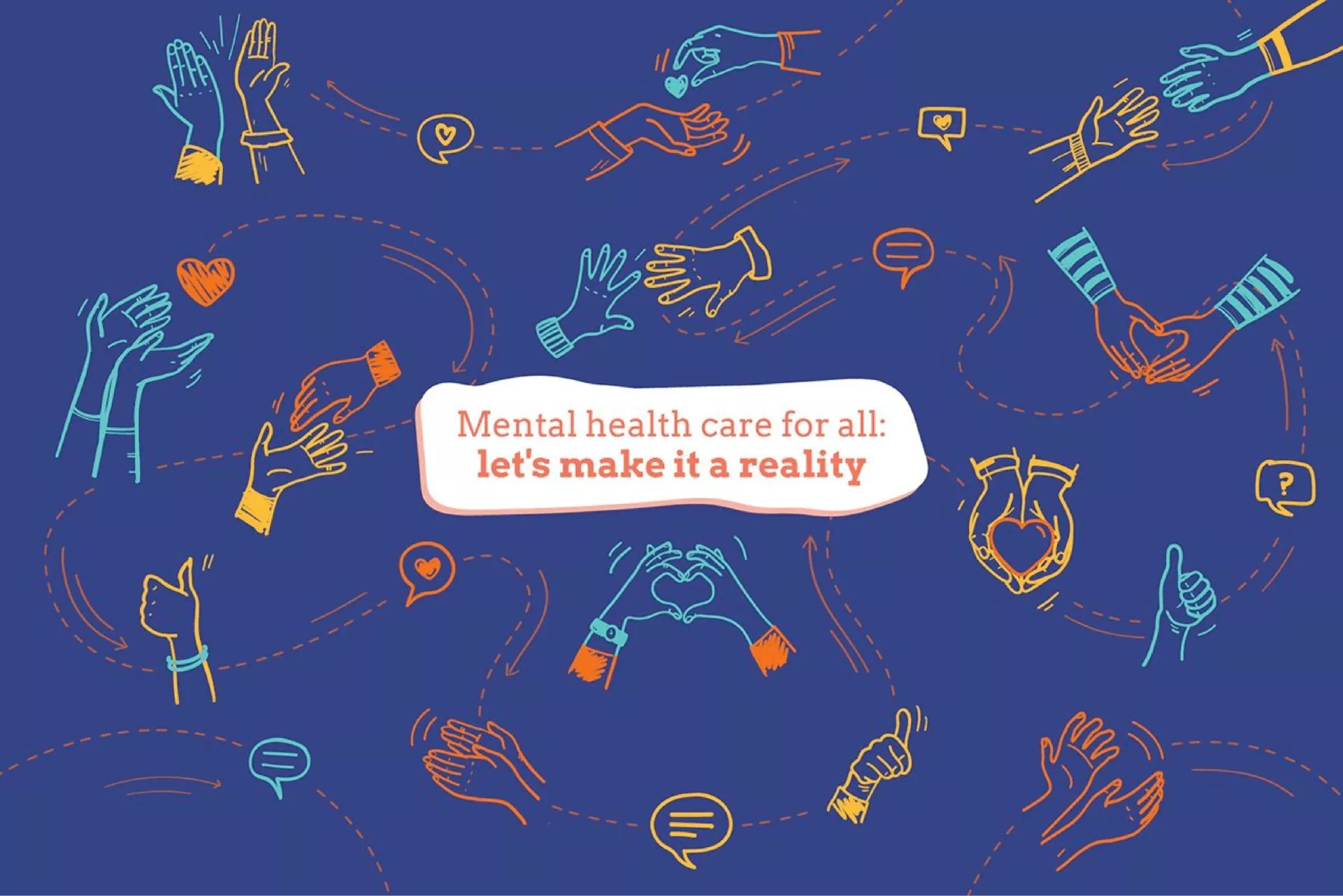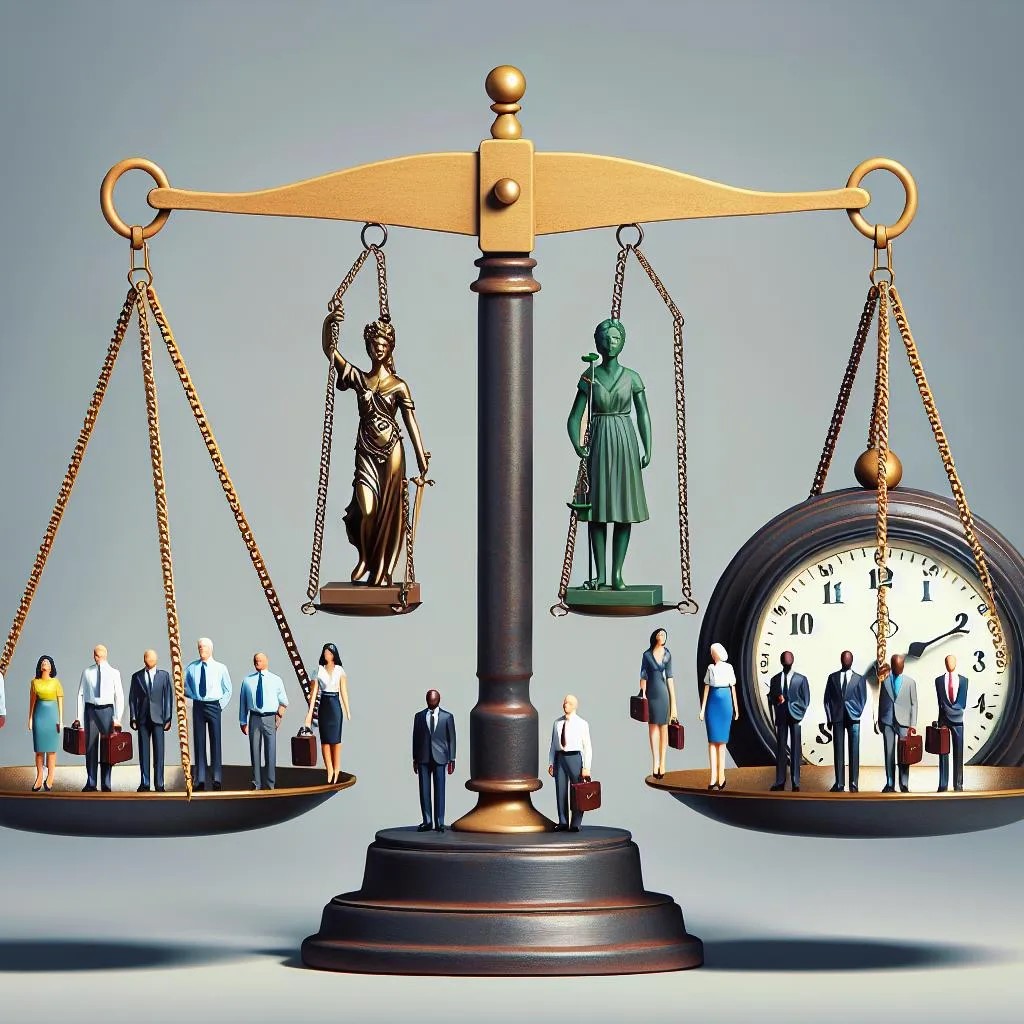As we all know, data science is everywhere from chatbots, to autocorrect, to predicting climate change. But, did you know that data science is also used in the field of mental health? It’s gaining popularity as data scientists and mental health professionals are starting to see the benefits of AI in this field.
It’s a big step in this area, where the application of data science has been quite limited. Data scientists have begun using machine learning to process large data sets with the desire of revealing patterns that would help identify the causes, signs and symptoms of mental illnesses, and help select the most effective treatments.
Data science is already having a positive impact in areas such as suicide prevention. In the US, some crisis counselling hotlines are using machine learning to help identify callers who are at a high risk of suicide or self-harm, just by analysing the words they are using when calling.
This method is even more efficient since research has found that patients are more open to sharing personal information with an AI therapist than a human. The reason being that it offers total anonymity, and that the fear of being judged is removed by talking to a machine.
In 2013, the Institute of Creative Technologies at the University of Southern California developed a virtual therapist. It’s a 3-D chatbot viewed on a screen. The virtual therapist, named Ellie, can display facial expressions, but also detect non-verbal clues from its patient using algorithms.
The data, in the form of patient’s verbal input and facial expressions, run through algorithms, which then determine Ellie’s visual and verbal responses.
The goal of virtual therapists is not to replace human ones, but to provide access to mental health resources and help for those in need. Especially in places with a shortage of mental health professionals (e.g., the US) and the increase of mental health needs in general.
Ellie is an amazing example of how data science can have a significant impact in the mental health field, allowing mental healthcare accessibility.
And it does not stop there. Using Electronic Health Records (EHR) combined with results from a depression questionnaire, researchers from Kaiser Permanente have been able to build an analytic model that predicts suicide risk within the 90 days following a visit to a mental health professional.
This model allowed researchers to identify the patients with the highest risk of suicide with predictors including “prior suicide attempts, medical diagnoses and psychiatric medications prescribed.”
This is a perfect illustration on how data science can be used to make mental health care accessible to everyone and in identifying high risk patients. In the long run, the ambition to use the same approach of using analytics, to develop treatment plans, protocols, follow-ups and assessments for those requiring long-term care.
If you want to know more about Ellie, click here for an article and some videos about it.
About Avado
At Avado, we believe that true transformation isn’t digital, it’s human. We build professional future skills to help diverse talent access and accelerate careers through award-winning learning experiences that deliver tangible and measurable impact. We upskill people, uplift culture and future-proof organisations in a fast-moving world.
Avado is proud to be a people-transformation partner to some of the largest and most innovative organisations in the UK including: Google, BT, NHS, British Airways, UK Civil Service, Legal & General and AstraZeneca.
To find out more, visit www.avadolearning.com
 3 min read
3 min read 



